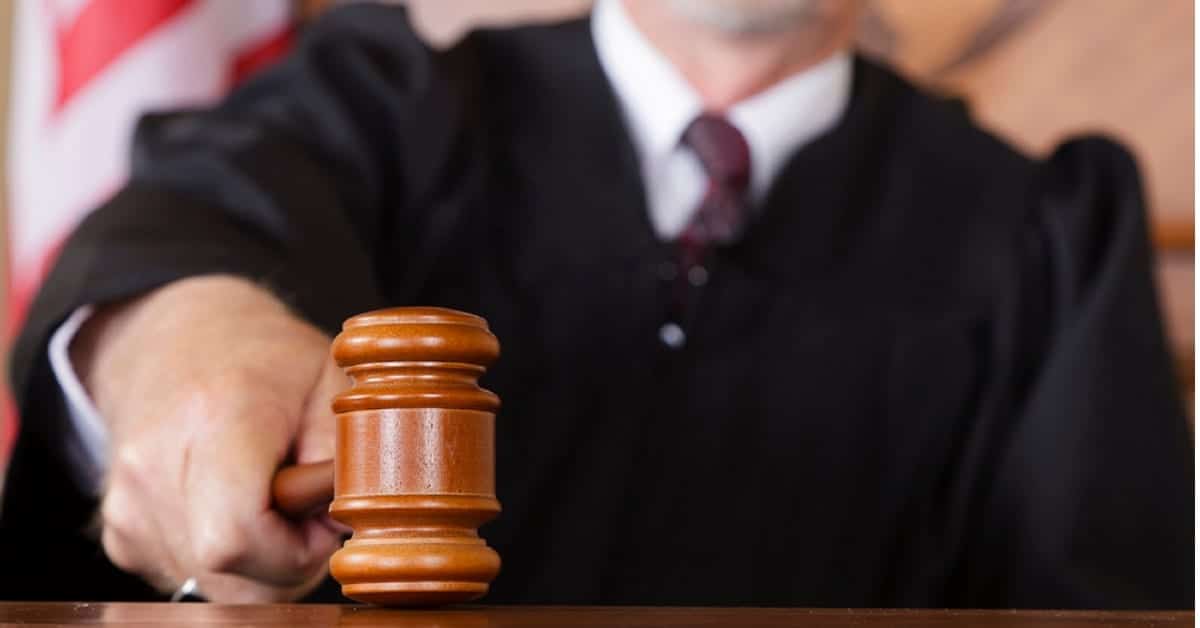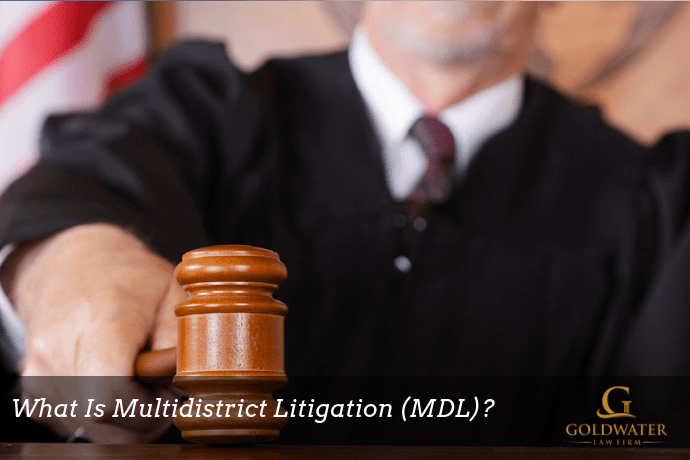Interested in Finding Out More about a Particular MDL? You Need a Product Liability Lawyer
In multidistrict litigation or MDL, civil cases around the country that present a similar issue against the same defendant are transferred to a single federal district. These cases are often complex and affect a large number of people, so the federal court system uses MDL to consolidate the lawsuits and manage them under one court. That court handles all the discovery and pretrial proceedings for the lawsuits.
MDL represents a significant amount of the lawsuits currently pending in federal court. If you have been injured by a defective drug, a medical device, an automotive product, an airplane crash, a train wreck, or anything that is likely to affect a group of people, there is a strong possibility that you may be subject to an MDL.
If you’re interested in learning more about a particular MDL, a product liability lawyer can help. Keep reading to get an understanding of the MDL process and its purpose.
What is the Goal of MDL?
The main goal of MDL is to save time and money for everyone involved. Congress created the MDL system in 1968 in order to better manage complex litigation filed across multiple districts.
Combining lawsuits surrounding the same issue is more efficient and conserves resources. Instead of having hundreds of different judges across the country hear similar discovery and pretrial motions, MDL allows relatable cases to be transferred to one federal district to be handled by one judge.
For example, if a drug company has had 100 lawsuits filed against it over the safety of one of its products, all 100 plaintiffs will likely wish to question the head of the company. MDL allows the company representative to be questioned once. Otherwise, that person would need to be present 100 times for each individual lawsuit.
In addition to efficiency, MDL makes it easier to have consistent legal rulings across identical lawsuits. Without MDL, each lawsuit would remain in the district it was originally filed and be heard separately. Instead of having multiple judges potentially rule differently on the same issue, MDL allows one judge to make a single decision that applies to all of the lawsuits.
What Kinds of Cases Call for MDL?
Multidistrict litigation is intended for cases that revolve around common issues or facts. The nature of some cases makes them great candidates for MDL because they tend to affect a large number of people. MDL works especially well for cases that involve the following:
- dangerous drugs, medical devices, or other products
- airplane crashes, train wrecks, or other accidents involving public transportation
- securities fraud
- intellectual property infringement
- employment practice
It is important to keep in mind that MDL is never used for criminal cases, only civil. Civil lawsuits filed individually, or lawsuits filed on behalf of a large group of people – known as class action lawsuits – can both be transferred to an MDL.
Since cases that fall under an MDL involve complex issues that affect people on a national basis, it is in your best interest to consult an experienced product liability lawyer who knows the ins and outs of MDL and can explain your legal options in detail.
How are MDLs Created?
When a number of similar lawsuits arise, the Judicial Panel on Multidistrict Litigation (JPML) decides if they should be formed into an MDL for ‘coordinated proceedings.’
The panel consists of seven circuit and district court judges appointed by the Chief Justice of the U.S. Supreme Court. To determine if a group of cases should be centralized into one, the panel often considers:
- How many common issues or facts exist.
- How many cases have been filed and whether or not more are likely to be filed.
- If the transfer will prevent the need to duplicate depositions and other work.
- If the transfer will avoid inconsistent rulings.
- How far along litigation is in any given district.
- Whether or not combining the cases increases or decreases the possibility of reaching a settlement.
If the panel decides the cases would benefit from MDL, the cases are then transferred to an appropriate single federal district court of the panel’s choosing.
The MDL judge presides over all pretrial motions, discovery proceedings, and settlement discussions. Additional lawsuits filed after the MDL is created – known as “tag-along cases” – can be transferred, as well. The judge may dismiss some claims. If cases aren’t dismissed or settled during MDL, they are sent back to the court where they were first filed for a trial to be held.
Is MDL Beneficial for Plaintiffs?
When a group of lawsuits is consolidated to an MDL, the judge decides who will be the lead counsel for all of the plaintiffs. The attorney or group of attorneys chosen will direct litigation on behalf of the plaintiffs.
MDL proceedings can be beneficial for plaintiffs, because multiple attorneys can coordinate their efforts, increasing the funds and legal resources to support the case.
Contact an Attorney to Learn More
MDL is often used for defective products, medical devices, and pharmaceutical cases because of the widespread harm dangerous consumer products or unsafe drugs can do to people.
Many large corporations are centered around greed and power. For this reason, they push out products they know aren’t safe just to make as much money as possible. Many times, they do this without warning the public of the possible dangers associated with their products.
At the Goldwater Law Firm, we’re committed to helping individuals who have had their lives severely impacted due to the negligence of large corporations. If you would like to get more information on MDL for a specific dangerous or defective product or drug, please don’t hesitate to contact us.
Call our law office today at 800-210-9700 or fill out our free consultation form to get started.




